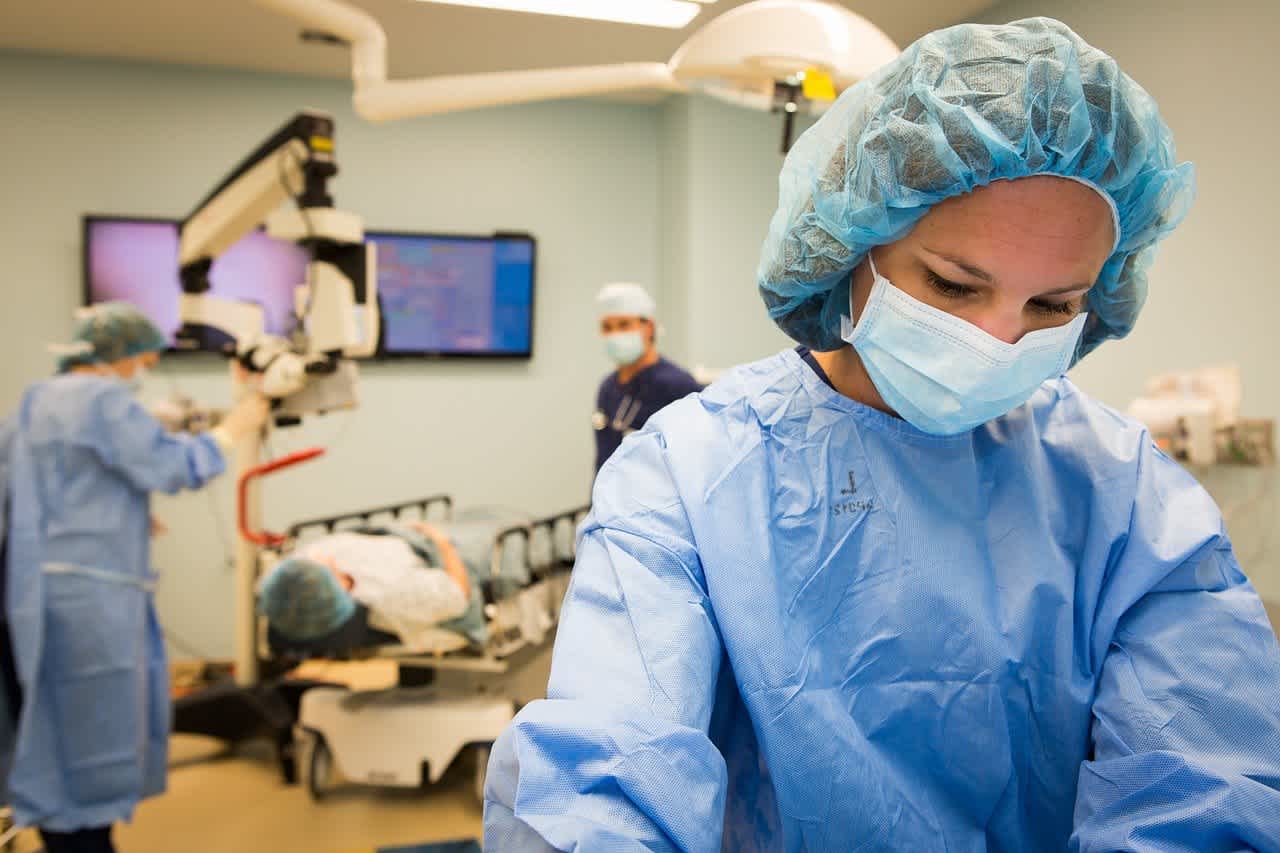
Clinicians have been forced to determine how and when to safely resume elective surgeries (many of which can dramatically disrupt a person’s life if not performed in a timely manner) due to the uncertainty created by the COVID-19 pandemic. As our CEO Derek Haas and co-authors note in Menendez et al. (2020), there are clear opportunities for innovation and transformation leading to positive outcomes for future surgical practices despite the difficulties faced by orthopedic surgeons during this time. In particular, there are three broad categories for such novel learnings:
1: Replacement of in-person services with technology-aided virtual ones.
In an effort to keep distance between patients and doctors during the COVID-19 pandemic, many organizations have adopted the use of telehealth appointments in lieu of in-person visits. While some faced initial pushback by insurance providers, research highlights that virtual visits are as effective in a patient’s health and recovery from procedures as in-person visits (Christensen, 2007), a practice that can be used in the future to allow patients easier access to health care. Similarly, clinicians have learned that in many instances, patients are able to engage in physical therapy services and postoperative recovery at home using digital tools. Additionally, in the future, clinicians themselves can engage in medical learning virtually, limiting the amount of time needed to be together in person.
2: Shift in surgeries from hospitals to surgery centers.
Given that many COVID-19 patients are being treated in hospitals, the practice of performing elective orthopedic surgeries in surgery centers away from the risk of contracting COVID-19 has become increasingly popular. For standard procedures, such as hip and knee replacements, this shift to surgery centers will allow clinicians in the future to operate outside of the bounds of the hospital, potentially allowing for unnecessary intensive post-operative care.
3: Increased emphasis on cost-consciousness and evidence-based medicine guidelines.
Hospitals and health care systems are experiencing financial hardship as a result of the COVID-19 pandemic, particularly as patients have largely abstained from medical care for fear of contracting the virus. As medical providers work to recover from these financial losses (and hospitals also work to recover losses from the shift of orthopedic surgeries to surgery centers), an increased emphasis will need to be placed on cost-conscious measures and effective practices backed by evidence-based medicine. One focus can be on the use of Time-Driven Activity-Based Costing to accurately understand the cost of care over an entire cycle of care.
The discussion above comes from the following article:
Study Name: Orthopedic surgery post COVID-19: an opportunity for innovation and transformation
Published: April 3, 2020
Authors: Mariano Menendez, MD (New England Baptist Hospital and Tufts University School of Medicine), Andrew Jawa, MD (New England Baptist Hospital and Tufts University School of Medicine), Derek Haas, MBA (Avant-garde Health), and Jon J.P. Warner, MD (Codman Shoulder Society and Massachusetts General Hospital)
If you are interested in learning more, please click here for a PDF of the full study.
READ NEXT
COVID-19 and the Rise of Telehealth in Orthopaedic Care
September 20th, 2021
We provide a current assessment of the literature on the provision of care during the COVID-19 pandemic, with an emphasis on the incorporation of telehealth into orthopedic care.
